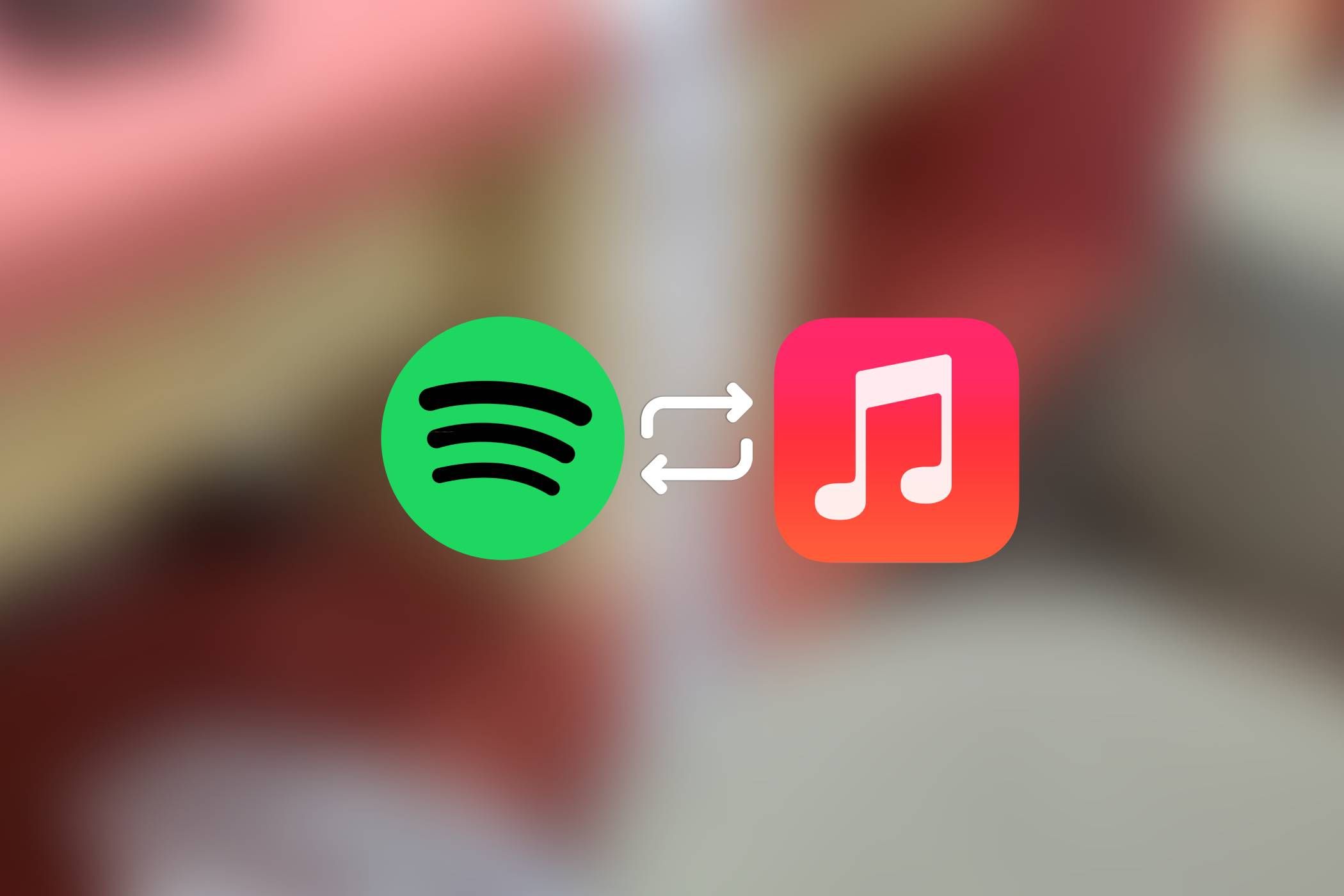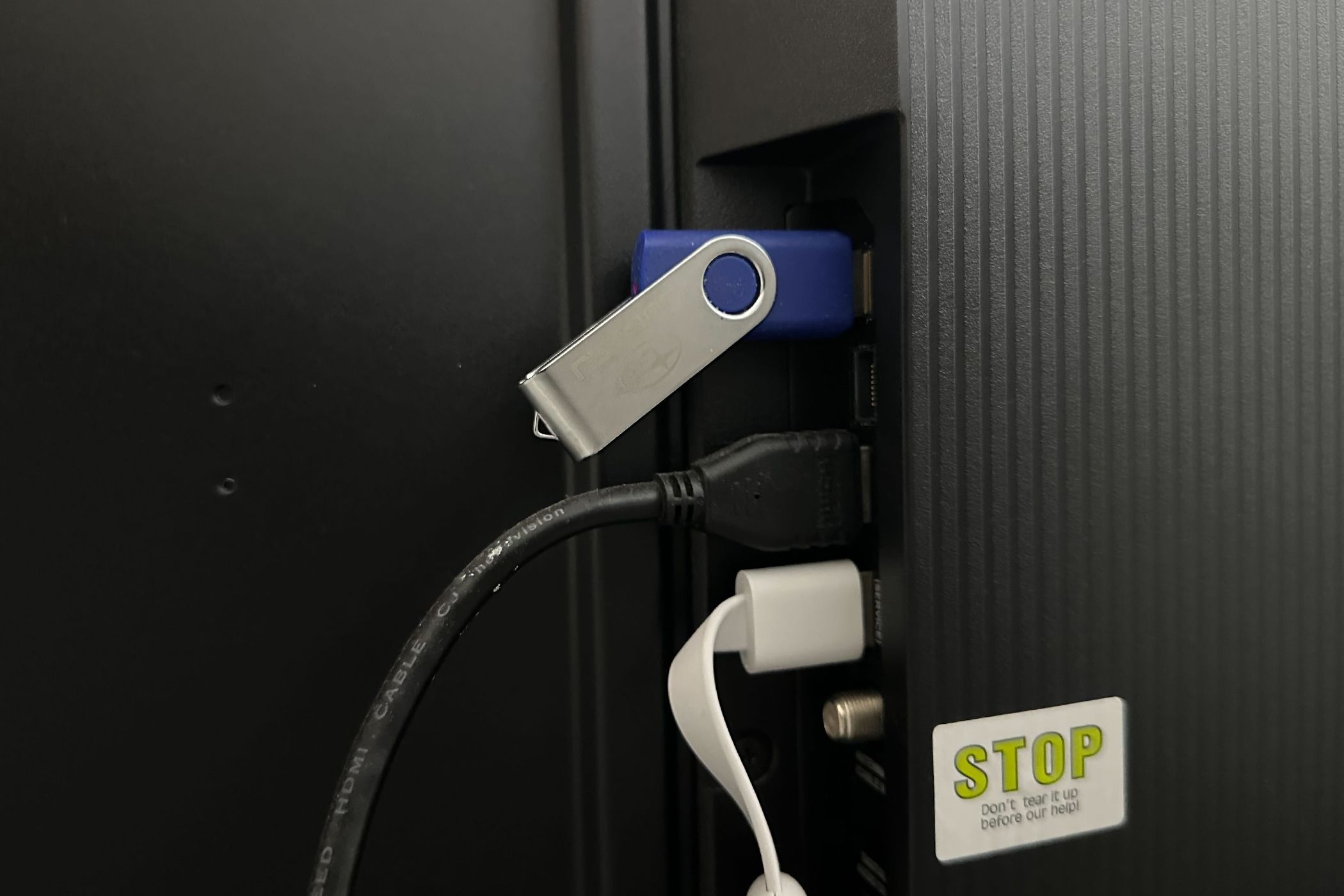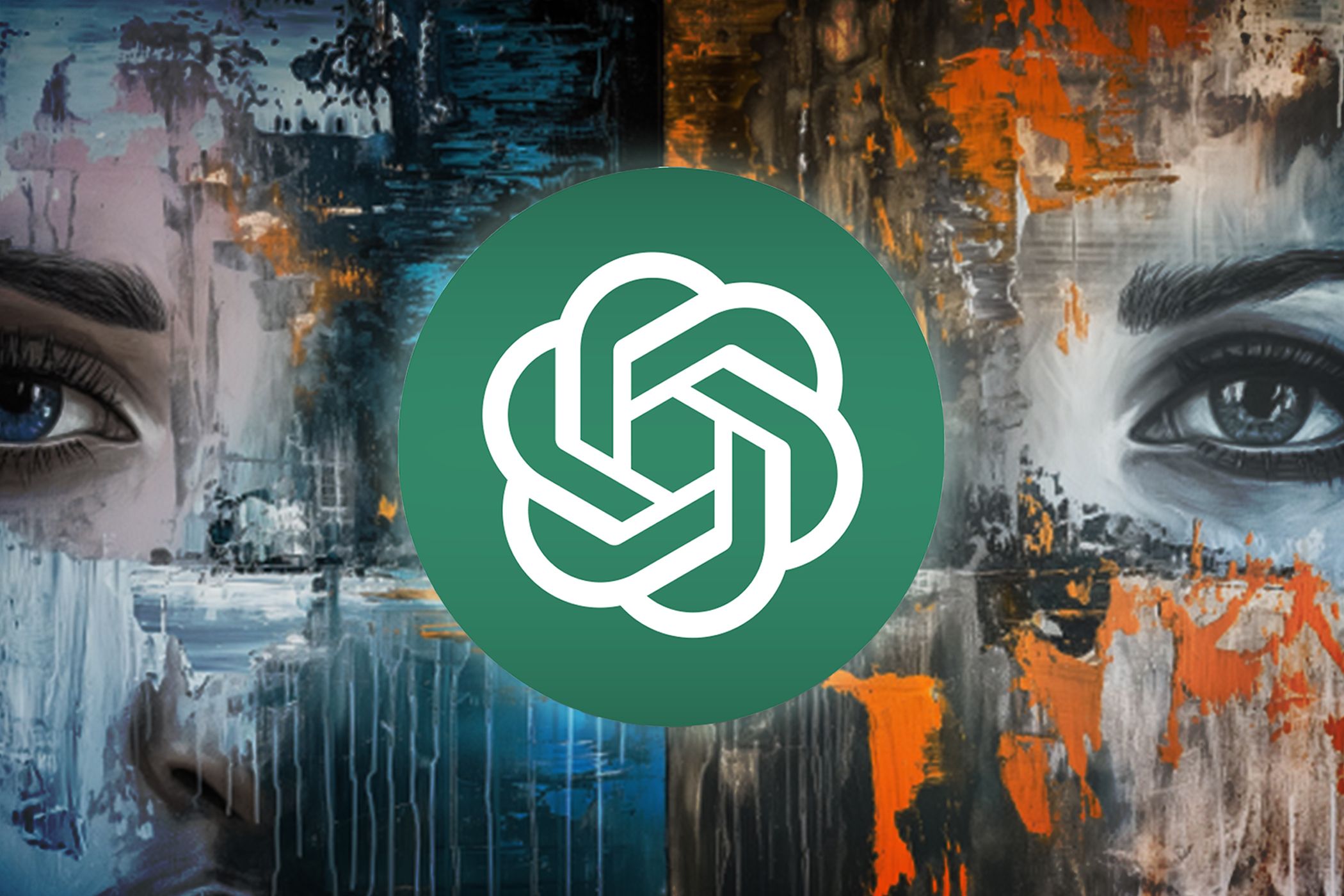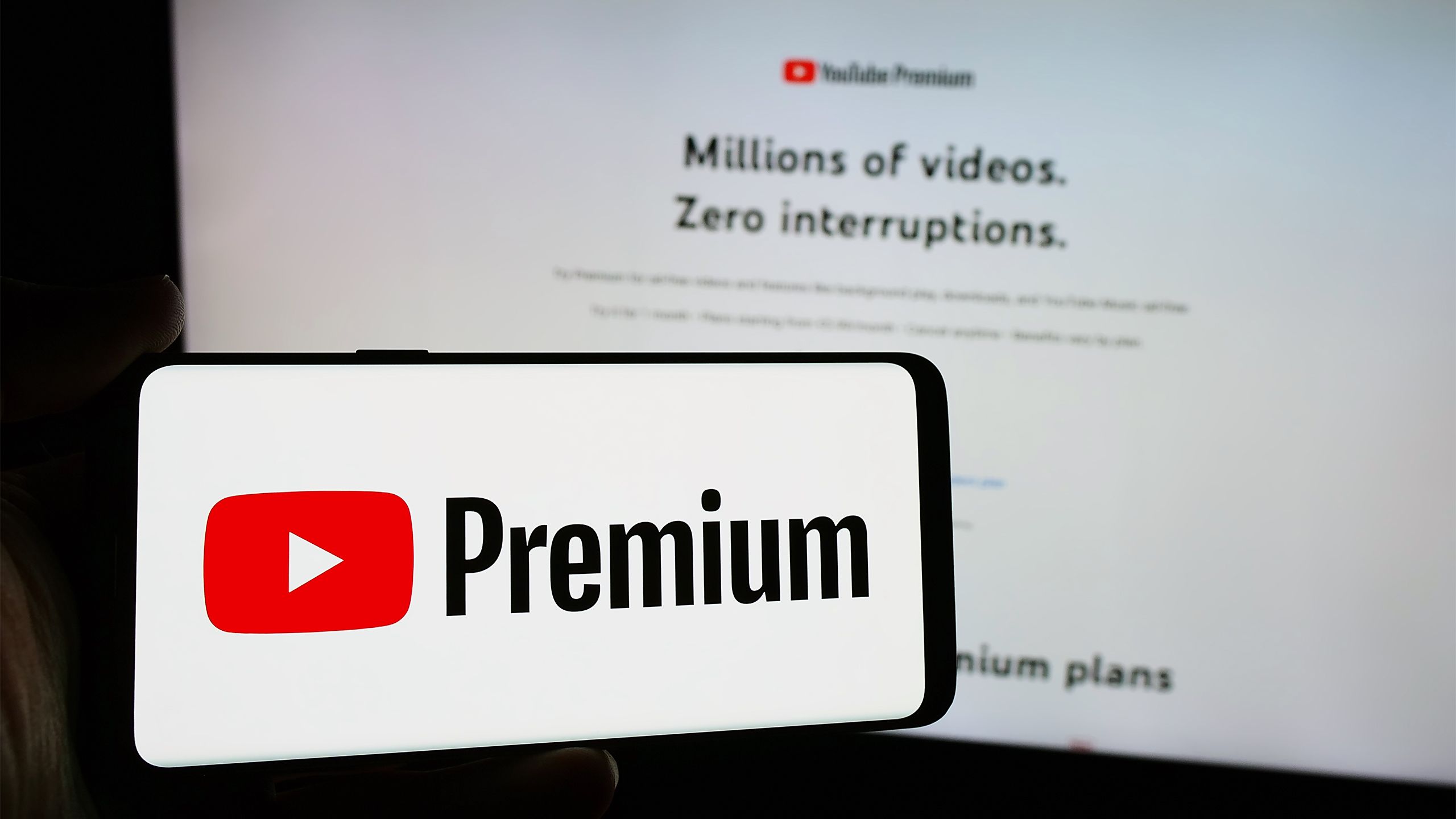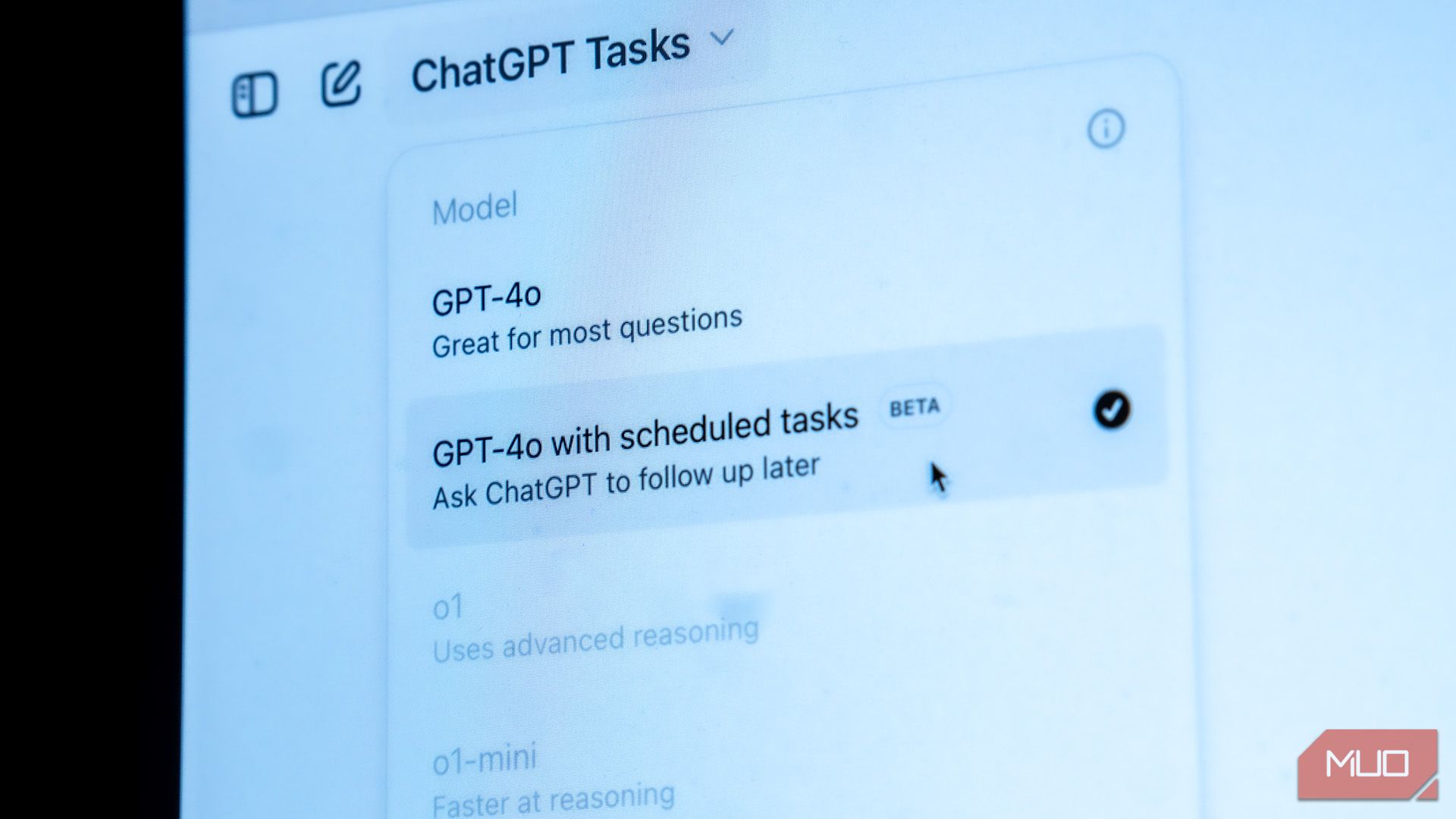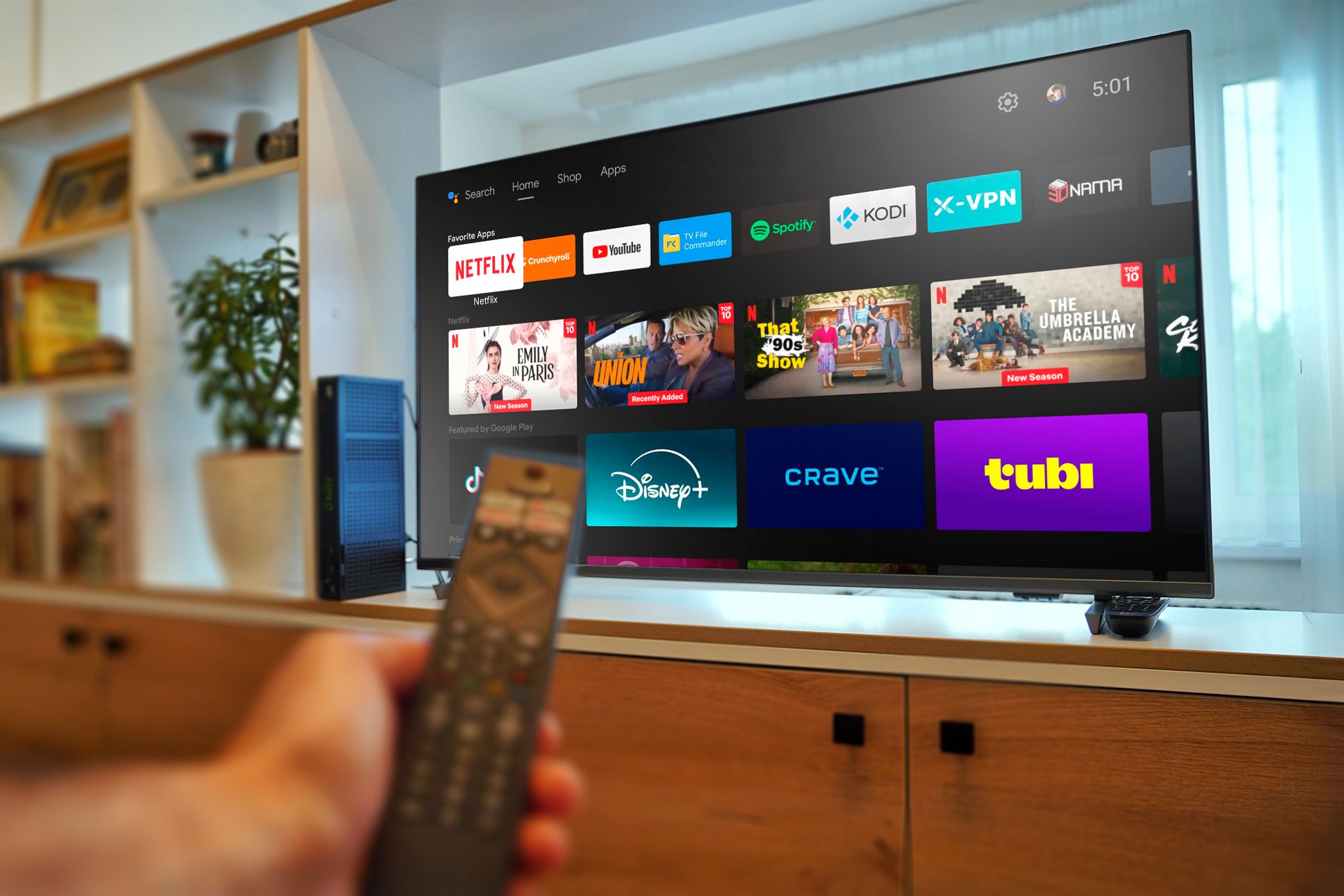OpenAI has publicly announced its plans to transition into a for-profit company. Rumors have been swirling for months that this was going to happen, but this is the first time that the company has laid out its plans to change its company structure.
OpenAI Announces Plan to Transition Into a For-Profit Company
In a post on the OpenAI Blog, the company has spelled out its intention to have its for-profit division “run and control OpenAI’s operations and business”. This will happen as a result of transforming its “existing for-profit into a Delaware Public Benefit Corporation (PBC).”
A PBC is a for-profit company that is (according to the Legal Information Institute) meant to “generate social and public good, and to operate in a responsible and sustainable manner.” OpenAi claims that becoming a PBC “requires the company to balance shareholder interests, stakeholder interests, and a public benefit interest in its decisionmaking.”
Under the proposed new structure, the nonprofit division will still exist, with “a leadership team and staff to pursue charitable initiatives in sectors such as healthcare, education, and science.” The nonprofit will also be given shares in the PBC at a “valuation determined by independent financial advisors.”
OpenAI clearly considers this switch necessary in order to be able to maintain the development and upkeep of ChatGPT as it seeks to, ultimately, create an artificial general intelligence (AGI). The only thing that will make that even remotely possible is regular injections of capital, and shareholders don’t tend to fund startups for philanthropic reasons.
What This Means for Ordinary, Everyday Users of ChatGPT
So, what does all this behind-the-scenes, corporate nonsense mean for ordinary, everyday users who interact with ChatGPT? In the short term, nothing whatsoever. ChatGPT will continue to exist, with OpenAI the company in charge of its development. There will be changes happening in the background, but none that should impact the end product. Yet.
However, long-term, things could get a little murkier. Time and again, history has shown us that, once profitability becomes a necessity, things can change, and fast. The need to make money can change a company’s culture, the direction of travel for the products it’s developing/producing, and the people who are involved in the decision-making process.
Essentially, we don’t yet know how this will play out. It could be a good thing, a bad thing, or somewhere in between. It likely increases the chances of an artificial general intelligence becoming a reality, with OpenAI having a part to play in its development. But, as anyone who has watched The Terminator or The Matrix will tell you, what that means for humanity is still unclear.

